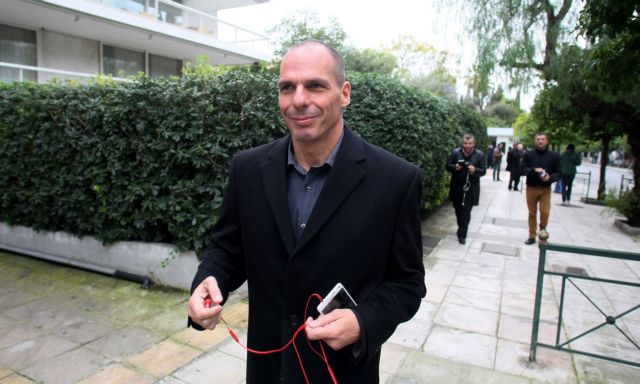In his article for the Project Syndicate, the Greek Minister of Finances Yanis Varoufakis highlighted the different approaches in how the Greek government and its creditors understand the relationships between reforms and the macro environment.
According to Mr. Varoufakis, the “current disagreements with our partners are not unbridgeable” and that in order to agree on the country’s new growth model, an agreement is first needed on the approach to fiscal adjustment and then on the reform agenda that will encourage the recovery of the Greek economy.
“We should map out a forward-looking plan based on reasonable assumptions about the primary surpluses consistent with the rates of output growth, net investment, and export expansion that can stabilize Greece’s economy and debt ratio” he underlined.
Mr. Varoufakis then argued that “if this means that the debt-to-GDP ratio will be higher than 120% in 2020, we devise smart ways to rationalize, re-profile, or restructure the debt – keeping in mind the aim of maximizing the effective present value that will be returned to Greece’s creditors”.
The Finance Minister called the institutions to abandon the previous reform program, which Greece’s creditors are adamant must not be rolled back, as it “was founded on internal devaluation, wage and pension cuts, loss of labor protections, and price-maximizing privatization of public assets”. As such, the austerity program has not only failed, but it has also made the Greek people weary of reform.
Ultimately, the Greek government’s aim is “to convince our partners that our undertakings are strategic, rather than tactical, and that our logic is sound. Their task is to let go of an approach that has failed”.



